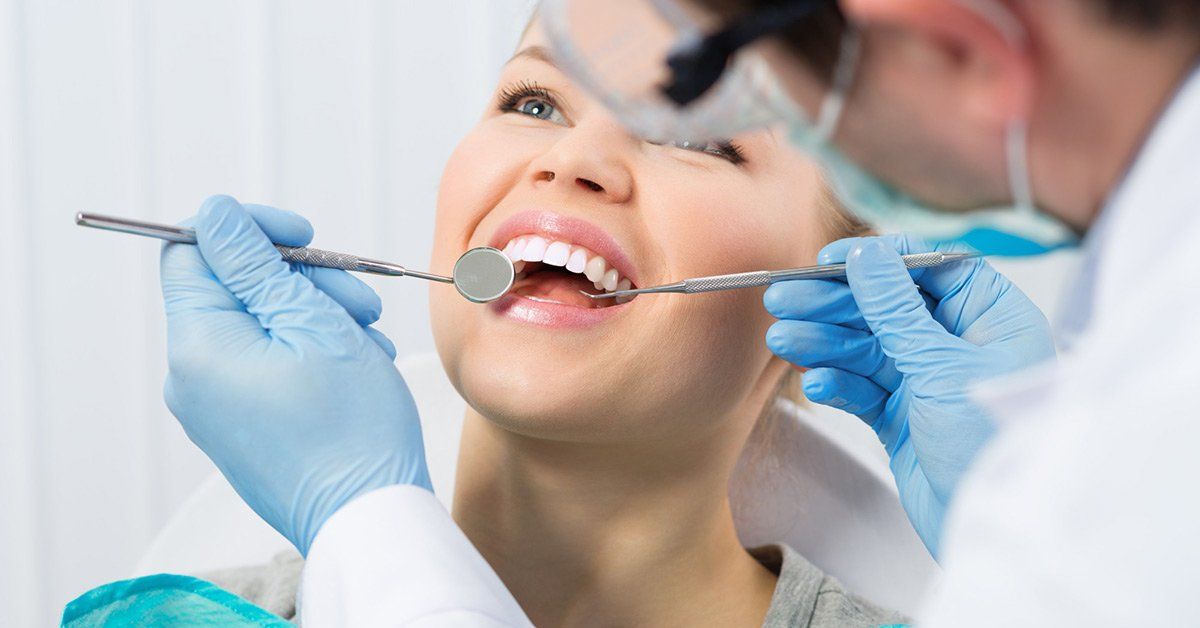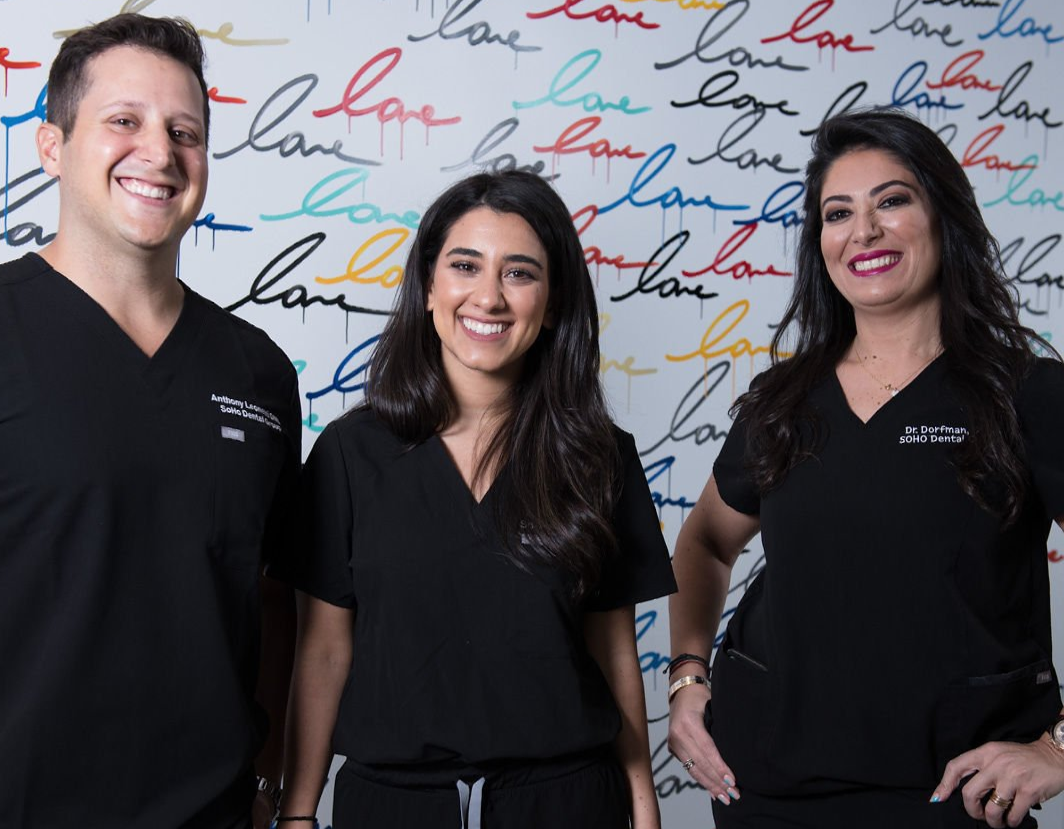552 Broadway, Suite 505
New York, New York 10012
Dental Health and Well Being: The Importance of Dentistry and Consultations
When it comes to your dental health and well being, a dental check up is extremely important. Here is the importance of dentistry and consultations.
Is your dental check up schedule on track, or are you falling behind on dental visits? Most adults need a dental visit once or twice per year according to the American Dental Association. If you have dental concerns, you may need to visit more frequently.
Why is dentistry important? Your oral health doesn't just impact your teeth. It can influence your heart health and overall well-being.
Taking care of your mouth through regular dental visits involves two main aspects: cleaning and checking for problems. When you go regularly, the visits are preventative, ensuring your teeth stay clean and healthy.
When problems arise, the goal of the visits is to catch the issues early. It's always easier and often less costly to fix dental problems early. The longer you wait to get treatment, the most side effects you may have and the more intense the treatment.
If you're thinking of delaying your next visit, consider these reasons your dental check up is important.
Removing Plaque and Tartar
The cleaning portion of your preventive dentistry visit aims to remove the plaque and tartar that develops on your teeth. Even with the best brushing habits, you'll likely have some tartar the hygienist needs to remove. That's especially true in hard-to-reach areas where you may not brush as well.
What starts out as plaque eventually hardens if it isn't removed. That becomes tartar, which needs professional tools to remove. If the tartar stays on your teeth, it can result in cavities.
Regular dental cleanings remove the plaque and tartar in the early stages. If you go at the recommended intervals, you reduce the chance of the tartar causing cavities, which can be painful and expensive to fix.
Taking Care of Cavities Early
Cavities can happen even when you care for your teeth regularly. When you go to the dentist every six months, your dentist is better able to spot those cavities early. You may not realize you have a cavity when it first forms, but your dentist can use x-rays and visual exams to spot the tiny holes.
Treating a cavity when it's small can help you avoid the pain that sometimes develops with cavities. It's also a much easier procedure and may cost less to treat. A larger cavity requires a more extensive and expensive trip back to the dentist.
If you have previous fillings, your dentist can also check them. If any of the fillings are loose or show signs of decay, the dentist can fix them before they cause more problems.
Detecting Teeth and Gum Issues
You often think of cavities when you think of dental issues, but gum disease is also a prevalent problem. Periodontal disease encompasses the gums and bones surrounding your teeth and involves inflammation and infection. Of adults age 30 and older, 47.2% have periodontal disease in some form.
Your dentist can spot early signs of periodontal diseases during your visit. The longer the gum disease goes without treatment, the more damage it can do to your gums and bones. As the disease gets worse, the bones can break down and cause your teeth to loosen or fall out.
Letting your gum disease get worse often requires more extensive care. This might involve seeing specialists and undergoing invasive procedures, which cost more money than basic dental care.
Spotting Oral Cancer
An estimated 37,000 people are diagnosed with oral cancer each year. Cancer can affect all parts of your mouth, including your lips, mouth, tongue, and back of your mouth.
While checking out your mouth, your dentist looks for signs of oral cancer. Dentists are trained to recognize those signs. These signs may be subtle and difficult for you to see yourself in the early stages.
Identifying oral cancer early is key to effective treatment. While your dentist likely won't diagnose oral cancer, the early detection can get you to the right medical care professionals to get a diagnosis and start a treatment plan.
Checking the Head and Neck
Dentists go beyond your mouth to check on your health. They look at your head, face, and neck to check for abnormalities. They may look at your lymph nodes in that part of your body.
This overall check of your upper body helps spot other potential health problems. Your dentist can alert you of any concerns so you can follow up with your regular health care provider.
Just like oral cancer detection, spotting subtle signs of other cancers and health concerns helps catch them while they are more easily treated. Your dentist can be an important part of your overall health care team.
Monitoring Overall Dental Health
When you schedule regular dental check ups and consultations, your dentist can keep an eye on your dental health. It's easier to catch changes in your teeth or overall oral health with those regular visits.
Your dentist can look back at your records and previous x-rays to compare the notes and see how things are changing. This can be an important diagnostic tool if you have issues.
Getting Expert Dental Advice
Your dentist is an expert on all things oral care. Asking questions at your appointment gives you a much more reliable answer than you might find searching online or asking a friend. Those regular conversations with your dentist can help you make informed decisions on things such as cosmetic dentistry.
Regular conversations with your dentist also help build a relationship that can make your care more effective. Getting to know your dentist and the staff may increase your comfort with them. You may feel more comfortable asking about problems or mentioning symptoms that concern you.
That open communication can increase your quality of care. Issues that you may have otherwise ignored are things you don't mind bringing up with the staff.
Schedule a Dental Check Up
Are you due for a dental check up? Whether it's been 6 months or 6 years since your last visit, it's never too late to get the benefits of dental care.
Make an appointment today to get caught up on your dental care routine. At Soho Dental Group , we put you at ease and provide a comfortable environment for your dental care.Our Primary Service Areas
Content reviewed by the
Home / Meet the Doctors / Services / New Patients / Reviews / Contact
516-701-2062
All Rights Reserved | SoHo Dental Group


